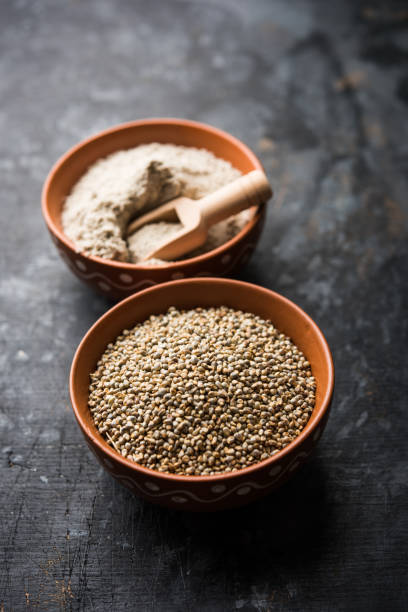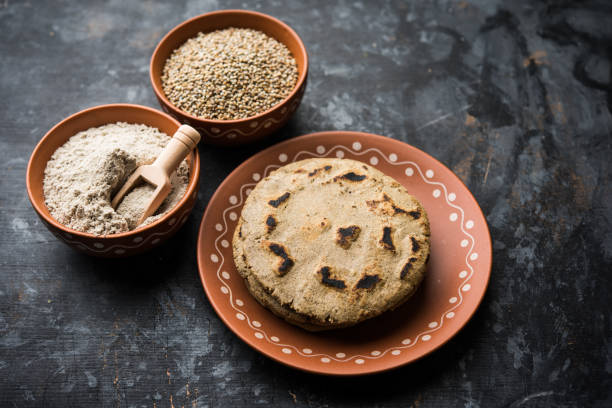Bajra, also known as pearl millet, is a type of grain that is commonly consumed in parts of Africa and Asia. It has a nutty, slightly sweet flavor and is often used to make flatbreads, porridges, and other dishes. Bajra is a good source of several essential nutrients and has a number of potential health benefits. In this article, we will take a closer look at the nutritional value of bajra and discuss whether it is a healthy choice for you.
One of the main nutritional benefits of bajra is its high protein content. One cup of cooked bajra contains around 8 grams of protein, which is important for building and repairing tissues in the body. Bajra is also a good source of complex carbohydrates, which provide sustained energy and help to regulate blood sugar levels.
In addition to protein and carbohydrates, bajra is also a rich source of several essential vitamins and minerals. It is a good source of B vitamins, including thiamin, riboflavin, and niacin, which play important roles in energy metabolism and brain function. Bajra is also a good source of iron, which is essential for carrying oxygen to the cells and preventing anemia. It is also a good source of magnesium, which is important for muscle and nerve function, and phosphorus, which is important for strong bones and teeth.
In addition to its essential nutrients, bajra also contains several plant compounds that may have health benefits. For example, bajra contains a type of fiber called lignin, which has been shown to have cholesterol-lowering effects. Bajra also contains phytochemicals, which are plant-based chemicals that may have antioxidant and anti-inflammatory effects.
One of the potential health benefits of bajra is its ability to help regulate blood sugar levels. Complex carbohydrates like those found in bajra are absorbed more slowly by the body, which helps to prevent blood sugar spikes after meals. This can be particularly beneficial for people with diabetes or prediabetes, who need to carefully manage their blood sugar levels.
Bajra may also have heart-protective effects. Some studies have suggested that consuming whole grains like bajra may help to reduce the risk of heart disease. This may be due in part to the fiber, lignins, and other plant compounds found in bajra, which may help to lower cholesterol levels and reduce inflammation in the body.
Bajra may also have potential benefits for digestion. The fiber found in bajra may help to promote regular bowel movements and prevent constipation. It may also help to feed the beneficial bacteria in the gut, which can support overall gut health.
Despite its many potential health benefits, bajra is not a suitable choice for everyone. For example, people with celiac disease or non-celiac gluten sensitivity should avoid bajra, as it does contain gluten. Bajra may also cause digestive issues for some people, especially if it is consumed in large amounts.
In conclusion, bajra is a nutritious grain that is a good source of protein, complex carbohydrates, and several essential vitamins and minerals. It may have a number of potential health benefits, including regulating blood sugar levels, protecting against heart disease, and supporting digestive health. However, it is not suitable for everyone, and it is important to speak with a healthcare professional before adding bajra to your diet.

 Home
Home Health
Health Diet & Nutrition
Diet & Nutrition Living Well
Living Well More
More












